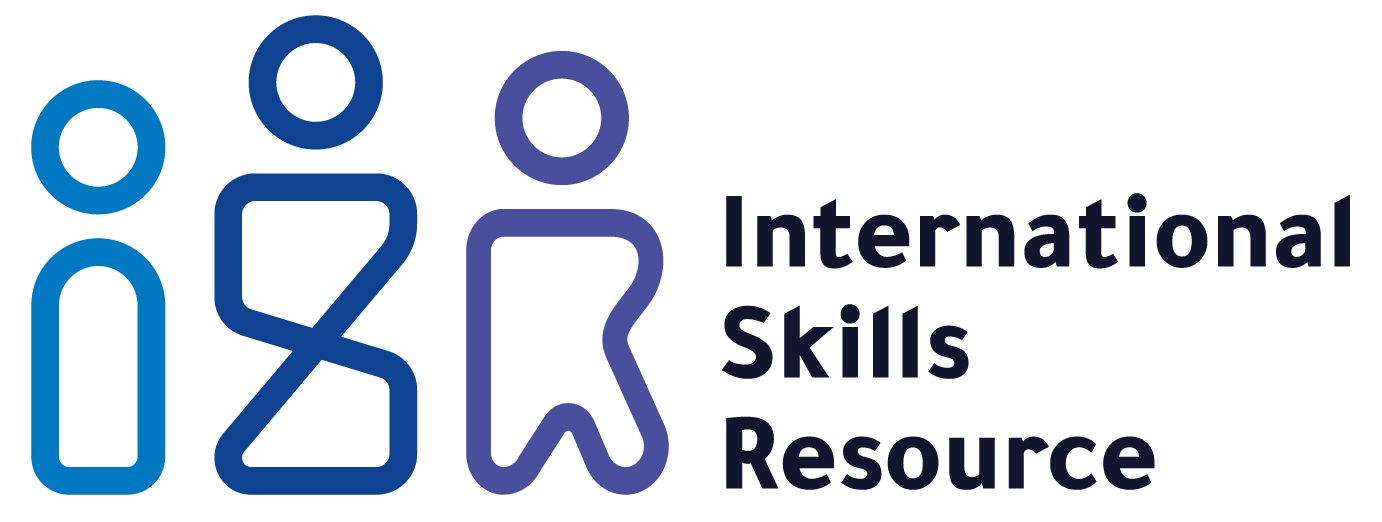In today’s interconnected world, global mobility is no longer a luxury; it’s a strategic necessity for organizations seeking to expand their reach, tap into new markets, and gain a competitive edge. Successfully managing international assignments, however, requires careful planning, cultural sensitivity, and a deep understanding of the complexities involved.
The Benefits of Global Mobility:
- Access to Global Talent: Tap into a diverse pool of skilled professionals from around the world, expanding your talent pipeline and securing top talent with specialized expertise.
- Enhanced Market Understanding: Deploy employees with international experience to gain valuable insights into new markets, navigate cultural nuances, and build relationships with local partners.
- Increased Business Agility: Deploy talent quickly to support expansion initiatives, establish new operations, and respond to emerging market opportunities.
- Employee Development: Provide opportunities for employees to gain international experience, develop new skills, and broaden their perspectives, fostering career growth and professional development.
The Challenges of Global Mobility:
- Cultural Adaptation: Navigating cultural differences, language barriers, and local customs requires careful preparation and support to ensure employees adjust successfully.
- Immigration and Compliance: Understanding and complying with immigration regulations, visa requirements, and local employment laws can be complex and time-consuming.
- Relocation Logistics: Arranging housing, transportation, schooling for children, and other practicalities can be stressful for relocating employees and their families.
- Family Support: Supporting the families of relocated employees, ensuring they adapt to their new environment and have access to necessary resources, is critical for long-term success.
- Repatriation: Planning for the smooth return of employees to their home country, including career transition and reintegration support, is crucial to minimize disruptions.
Best Practices for Managing International Assignments:
1. Planning and Preparation:
- Comprehensive Assessment: Thoroughly assess the skills, experience, and cultural adaptability of potential candidates for international assignments.
- Cultural Training: Provide intercultural training to prepare employees for the cultural nuances, customs, and communication styles of their new location.
- Relocation Support: Offer comprehensive relocation services to assist with housing, transportation, visa processing, and other logistics.
2. Onboarding and Support:
- Buddy Program: Pair new arrivals with experienced employees who can provide guidance, support, and cultural insights.
- Language Training: Offer language training to help employees communicate effectively in their new location.
- Cultural Adaptation Resources: Provide information and resources on local customs, etiquette, and social norms.
- Regular Communication: Establish clear communication channels to address concerns, provide updates, and maintain a connection with relocated employees.
3. Repatriation:
- Reverse Culture Training: Prepare employees for returning to their home country and adapting to the potential cultural changes that may have occurred during their assignment.
- Career Transition Support: Offer career counseling and support to help employees navigate their next steps upon repatriation, whether they rejoin their previous role or pursue new opportunities.
Key Considerations for a Successful Global Mobility Program:
- Employee Well-being: Prioritize the well-being of relocated employees and their families, offering comprehensive support and resources.
- Compliance: Ensure compliance with all local laws, regulations, and immigration requirements.
- Cost Management: Carefully budget for relocation costs, training, and support services.
- Return on Investment: Measure the return on investment for international assignments, considering both business and employee development outcomes.
Conclusion:
Successfully managing international assignments is crucial for organizations seeking to leverage the power of global mobility. By adhering to best practices, providing comprehensive support, and prioritizing employee well-being, organizations can optimize the benefits of global talent while fostering a successful and rewarding experience for their employees.





